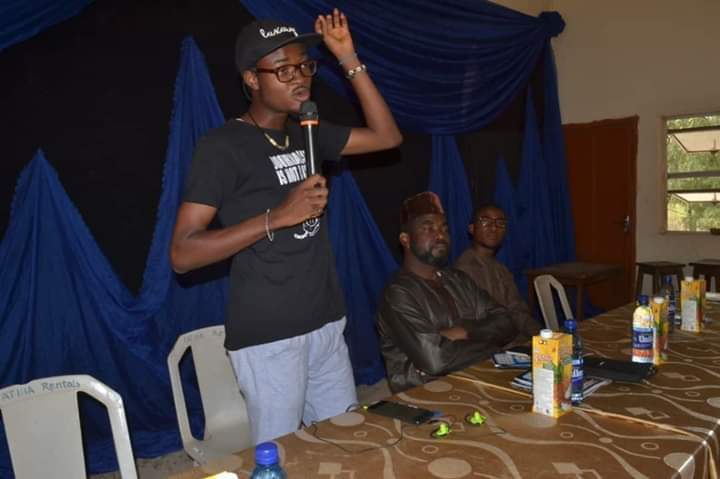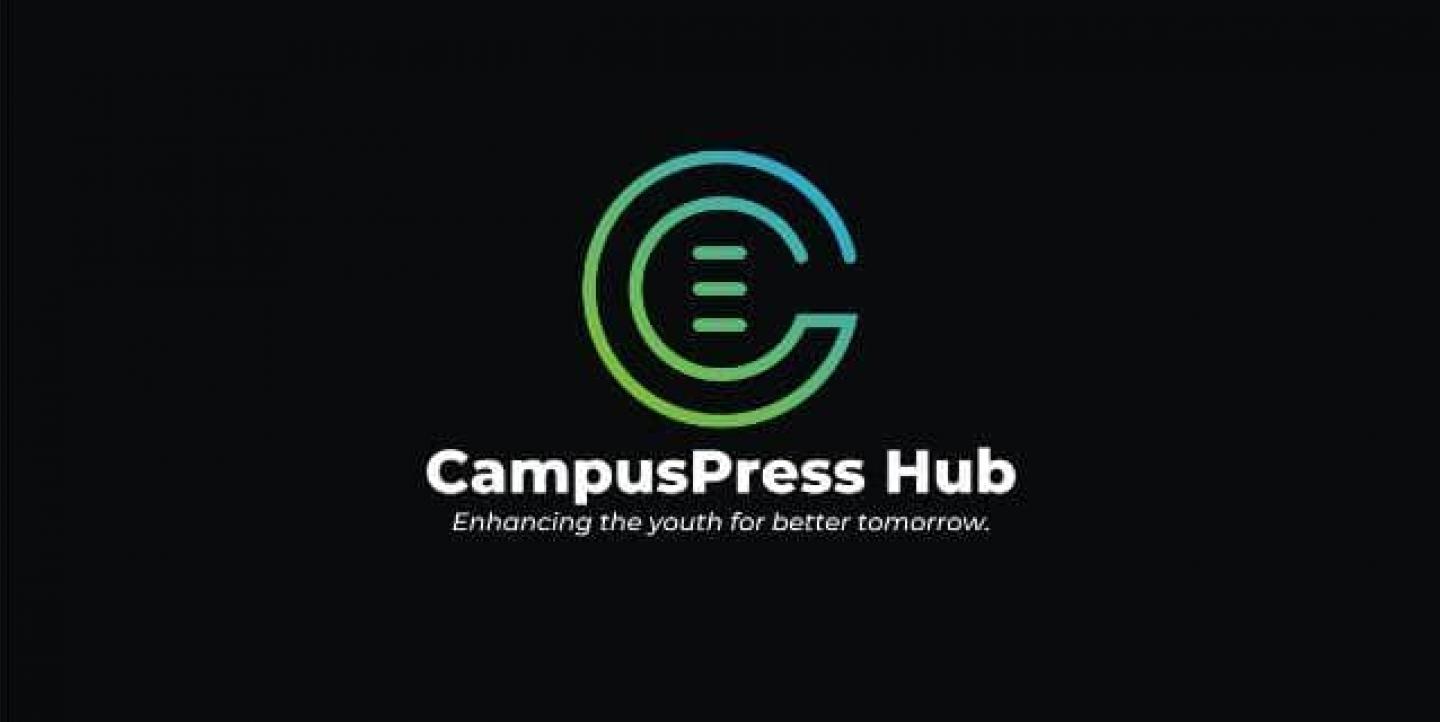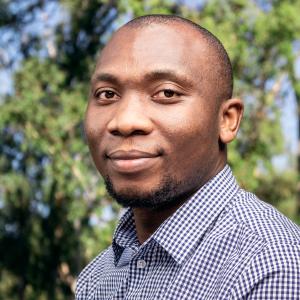A student at the Obafemi Awolowo University in Nigeria’s Southwest region, Adejumo Kabir, has launched a Campus Press Hub to train fellow journalism students in skills they will need when they graduate and start practicing professionally.
“The media hub is strictly for training students who have an interest in journalism and may want to settle on journalism as profession after school,” Kabir says.” The media hub offers training and consultancy to all Nigerian student journalists on responsible journalism.”
The hub, according to Kabir, will coach students and help them fulfill their dreams of becoming professional journalists. However, Kabir is not doing this alone. Apart from his team at the hub, he invites mainstream journalists and experts to trainings to teach students and offer professional expertise.
“We want to spread the gospel of campus journalism even beyond Nigeria to give mentoring, encouragement and coaching to student journalists on how to fulfill their dreams,” he says.
Kabir is 22 years old and in his final year as a student at the University. From his experience and observation, some of his fellow students who do not have the media training opportunities like he does, lack training and courage to do stories that would hold those in authority to account.
“I have been to different universities and polytechnics to train hundreds of campus journalists on how they can best report issues on their campuses responsibly following ethical standards, says Kabir. “The need to champion this media hub did not occur to me until people said that student journalists lack proper training, courage and zeal to report at their institutions effectively.”

In Nigeria, most journalism schools lack the required equipment and tools to teach students practical skills that will help them when they graduate. Newspaper, television and radio studios are not guaranteed, and where they are available, lack of maintenance and power supply affects their usage. Students end up graduating without practical skills to succeed when employed by media organizations. Even when they go for internships in newspaper or radio houses, poor management structures in the organizations affect their ability to learn.
Some of these universities or journalism schools have managed to scale through an accreditation process from the National Universities Commission — a body responsible for approving journalism schools — even when they do not meet the required standards.
Kabir hopes to fill this gap with his media startup. “Having noticed and monitored all these complaints, I felt sad and decided to leave a legacy,” he says. “I called other campus journalists who are my colleagues and informed them on why we need to leave campus journalism better than we met it.”
Kabir says the launch of the hub is a way to give back to those who have been training him as a student journalist. He has received training, certificates and even awards from some of Nigeria’s most reputable media organizations. For example, in 2018 he was a finalist in the Student Fact-Checker category of the Africa Check awards in South Africa. These skills, according to him, are what he tries to transfer to fellow students in Nigerian universities as a way of making them career-ready after graduation.
“I’m still receiving training from better heads and therefore find it necessary that I make my mentors proud by giving back to the society,” says Kabir.
In January, the hub was registered with Nigeria’s Corporate Affairs Commission and received a certificate of registration.
“It is sad that schools do not support their students’ journalism practice. Most of these schools censor students’ publications and even suspend those who try to write stories or commentaries that aim to inform fellow students. Students’ publications help to draw attention of authorities to what students and staff needs most and all explain the effect of some decisions of the policy makers. Journalists are agents of change,” he says.
Since his first year on campus, Kabir has been actively involved in journalism. He has written stories on events happening at the university and exposed some malpractices. He currently writes for Premium Times as a freelancer and has also written for Dubawa, Nigeria's first fact-checking platform.
He is a member of Association of Campus Journalists and Nigeria Union of Campus Journalists in Nigeria.
Launching a media hub on campus in Nigeria hasn’t come easy for Kabir. As a startup, he has some challenges. Funding and sponsorship to organize trainings and workshops for students across journalism schools in Nigeria is difficult to find.
“We've been writing to organizations for funds but have yet to get response. However, that will not break us. We are trying with the little have,” says Kabir.
Despite the challenges, Kabir continues doing what he loves. He is working on creating a Campus Press Hub alumni archive to guide and monitor the success of the students after the training.
“We are hopeful and optimistic that our trainees will be the next phase of journalism in different schools,” Kabir says.
Images courtesy of Adejumo Kabir.


